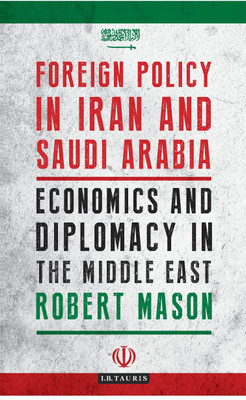Foreign Policy in Iran and Saudi Arabia(English, Hardcover, Mason Robert)
Quick Overview
Product Price Comparison
Saudi Arabia, with its US alliance and abundance of oil dollars, has a very different economic story to that of Iran, which despite enormous natural gas reserves, has been hit hard by economic, trade, scientiy c and military sanctions since its 1979 revolution. Robert Mason looks at the effect that economic considerations (such as oil, gas, sanctions, trade and investment) have on foreign policy decision-making processes and diplomatic activities. By examining the foreign policies of Saudi Arabia and Iran towards each other, and towards the wider Middle East and beyond, Mason seeks to highlight how oil policy, including oil production, pricing and security of supply and demand, is the paramount economic factor which drives the diplomacy and rivalry of these two pivotal regional powers. By comparing the foreign policy of Saudi Arabia and Iran towards the international community and the US in particular, Mason presents the very different economic and political trajectories of these two countries. In the case of Saudi Arabia, it has long been oil which has given the country importance both within the region and on an international scale. This has made it a vital ally for the West, which culminated in the stationing of US troops on Saudi soil in the run up to the Gulf War of 1991. In contrast, Iran's 'resistance' strategy has, rather than concentrating on relationships with the West, instead looked to a number of other players, such as those in Central Asia and Latin America. Mason uses the Saudi and Iranian cases to illustrate the combination of ideological, geo-strategy and economic resources that have insulated these two regimes against internal and external pressures and resulted in their dominance in the regional system. By concentrating on the economic factors in alliance building and alliance deconstruction, Mason offers vital analysis for researchers of international relations in the Middle East and the processes involved in the formation of foreign policy.


